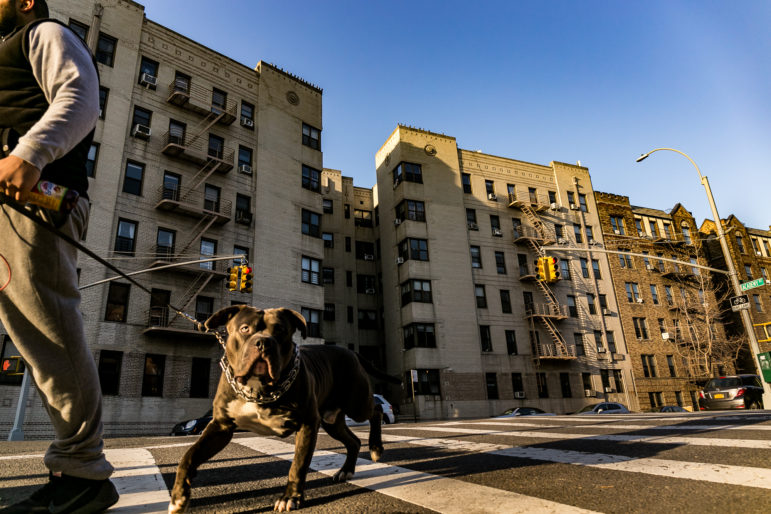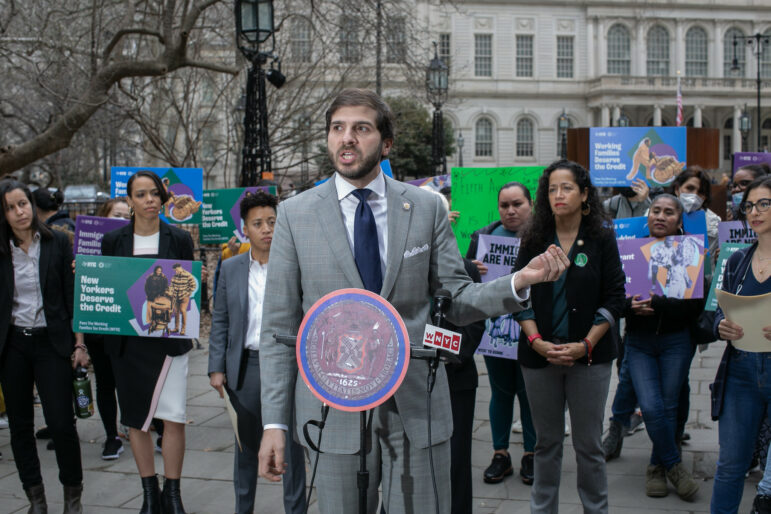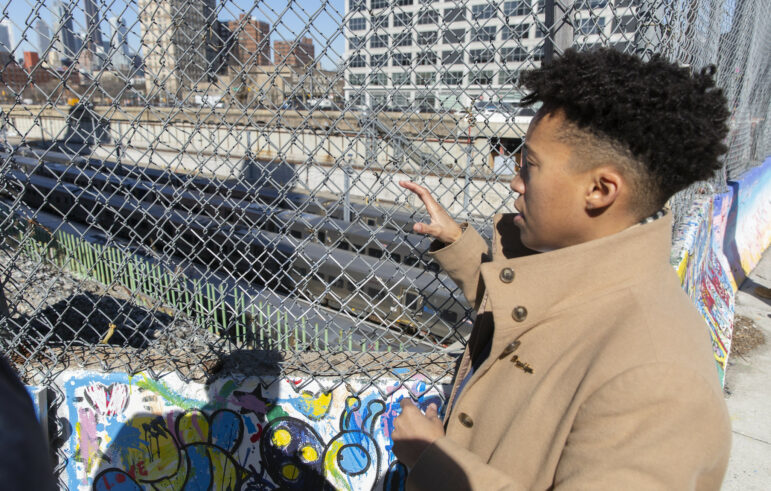
Miranda Nelson
Marijuana legalization is about a lot of things.
It’s about where the revenue from the tax on legal sales will go. It’s about how the industry will be structured and who will have a chance to be part of it. It’s about how the state will deal with people who sell marijuana outside that sanctioned structure. It’s about how medical marijuana might be affected by the new adult-use system. It’s about what happens with the criminal records of people convicted of marijuana offenses in the past. It’s about whether home-growth will be permitted, and if so, how much. It’s about what the legal age for smoking legal pot will be.
It’s also about big cities and counties, because Gov. Cuomo’s legalization scheme lets them opt out from permitted sales within their borders. And that decision on opting out is, according to Nassau County Executive Laura Curran who was the first to opt out, about whether schools and health facilities and police departments are ready for the projected impact of legalization.
But all those things merely address the mechanics of marijuana legalization. They are not as important as the reason for it, which Assemblyman Richard Gottfried is happy to spell out: the injustice of a status quo that leads to the arrest or ticketing every year of tens of thousands of people—disproportionately black or brown—for the possession or use of a substance that is in many ways less dangerous than alcohol.
Get the best of City Limits news in your inbox.
Select any of our free weekly newsletters and stay informed on the latest policy-focused, independent news.
The other stuff is very important, but still secondary to the question of whether the status quo is acceptable or not.
That question is very much unsettled. Cuomo said Wednesday that marijuana legalization would not be in the state budget due April 1 but could be taken up before the end of the legislative session in June.
WBAI’S Max & Murphy Show heard from Curran, who has emerged as one of the leading skeptics of legalization, and Gottfried, a long-time supporter of legalized adult use.
After Curran’s decision to opt out, several other county executives followed suit. It’s unclear what impact that had on the prospects for legalization in Albany. Curran told Ben Max and me that she made the move to opt out after a task-force she’d convened overwhelmingly concluded that the country was “not ready” for legalized marijuana. Schools weren’t prepared to teach children about how to deal with increased access to marijuana. Cops didn’t have the technology to determine whether or not someone is driving while high. She said:
The concerns are in the states where marijuana been legalized, according to surveys, young people see the danger of driving while high go down. The number of young people who say the danger of driving while high is a serious risk goes down after it’s legalized. So we’re concerned about increased traffic fatalities. There are increased traffic fatalities in some of these states. Also, how do you test? The testing is very tricky because it’s different from alcohol. THD affects different people differently. How do we measure it? Do we have the proper equipment to measure it? You can consume marijuana and your THD level is quite high. After a couple of hours, your THD levels go lower, but you’re still feeling the effects. So the testing of it while driving is a real tricky predicament for law enforcement.”
Curran acknowledged that some of the pressures that could come with legalization would hit Nassau County whether it opts in or out, since people will be able to buy pot in Queens and drive back across the border. Curran did not give a firm answer when asked whether Nassau County, given the deficits it has identified, was going to take any steps to improve its preparedness. “It could very well be coming down the road. That seems to be the trend nationwide. Some people are saying it’s just a matter of time,” she said. “I don’t know for sure. A case could be made.”
Curran also noted that the issue of racial disparities in marijuana enforcement “is real here as well, adding, “that’s something we will absolutely explore and have more conversations about how that would look here.”
For his part, Gottfried disputed the notion that legalization is off the table during the budget process, regardless of what the governor says. He told the show that conversations on many of the complexities of legalization were very much underway in Albany.
“I’m not quite sure why the governor said what he did. In budget cycles, people say they’re not sure whether we’re going have an on-time budget or … how things are going, partly to influence other people’s behavior. And lots of people do this,” he said. “The underlying fact is the governor’s staff, the Assembly staff, the Senate staff and the legislators are very actively working to bring this to closure. While there are lots of issues and details in play, I don’t think people are really that far apart on them, and they’re largely about the details and the mechanics and not about the principles.”
Assemblymember Richard Gottfried
“We shouldn’t be doing this for the money,” Gottfried said. Instead, the motivation is:
By all available scientific evidence, marijuana is a much more benign substance than alcohol, than tobacco, frankly I think it’s less harmful to your health and welfare than sugar. And secondly, the main impact of our criminalization has not been to stop people from using it. It’s been to provide an excuse for arresting overwhelmingly young people, overwhelmingly people of color, and wrecking their lives. And that is just unjustifiable, to say the least. I think in New York there are always people who disagree with allowing adult use, but I think for the general population, that part of the debate is largely over in New York and I think legalization has won that debate.
The veteran Democrat (he was first elected in 1970) also addressed the prospects for single-payer healthcare in New York, which he has sponsored in the Assembly for many decades. He said was unsure whether the Senate would bring the New York Health Act to the floor for a vote. “There are lot of voices that weren’t raised in the past because I guess they didn’t think it was going anywhere, and now there are some more voices of concern being raised that need to be talked to and concerns … met,” he said. “I think it will pass both houses this year.”









One thought on “Max & Murphy: The Morals and Mechanics of Marijuana Legalization”
Pingback: Cannabis News Round-Up – The Reality-Based Community